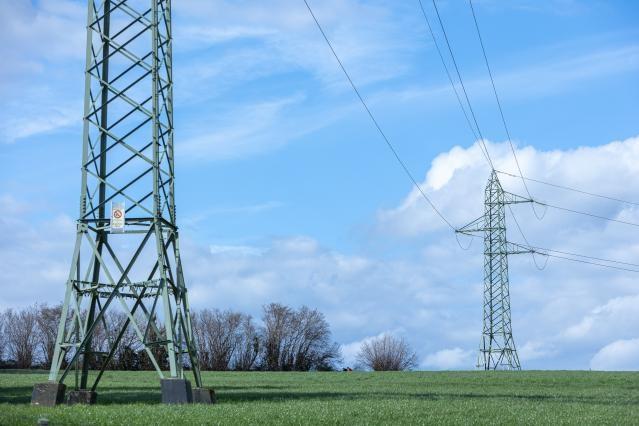Consumers across the EU will now be able to have more stable energy prices and less dependency on the price of fossil fuels, thanks to major reforms of the EU electricity and gas markets. At the same time, the EU will boost the development of hydrogen and other decarbonised gases. These reforms will help towards ensuring our transition to clean energy while also enhancing security of supply and consumer protection.
With the electricity market reforms, consumers will now have:
- a wider choice of contracts and clearer information before signing contracts
- an option to lock in secure, long-term prices
- dynamic pricing contracts, if needed, to take advantage of price variability to use electricity when it is cheaper
- protection from being without electricity through the establishment of suppliers of last resort
- protection from disconnection for those who are vulnerable or energy poor
- more opportunities for energy sharing, for example, tenants will be able to share surplus rooftop solar power with a neighbour
European businesses will also have access to more predictable energy costs, helping them to stay more competitive. Both households and companies will be able to benefit from the lower costs of renewables and EU countries will be able to extend regulated retail prices to both in case of a crisis.
The new framework for the gas market will lead to the creation of a market for hydrogen, which will be key to curb emissions from heavy industries and transport. For consumers, the reforms will mean that they can switch gas suppliers more easily, use effective price comparison tools, and get accurate, fair and transparent billing information. The updated framework also gives EU countries the possibility to stop or limit imports of both piped gas and Liquified Natural Gas (LNG) from Russia and Belarus.
For more information
The European Green Deal: A growth strategy that protects the climate (visual story)
Delivering the European Green Deal



